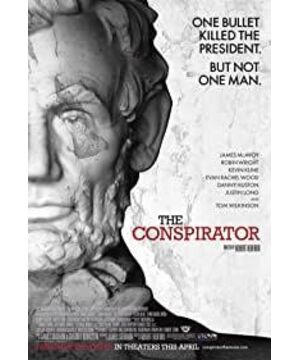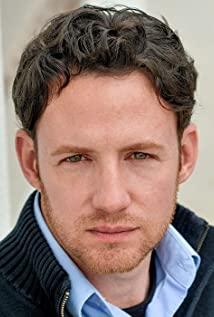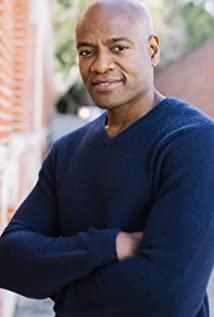The story unfolds under the huge contradiction that the North won the Civil War and the Southerners assassinated Lincoln shortly after the victory. And the whole movie is under the background of this big contradiction, and it is struggling in more relatively small contradictions. Yes, tough. The most direct impression I felt when watching this movie was the dark light and shadow and the difficulty of walking, as if it was under the dark night, on a muddy road, struggling to move, but had to keep going.
In the beginning, Frederick Aiken, the victorious war hero, had to defend Mary Surratt, a Southern conspirator accused of Lincoln's assassination. His first meeting with Mary in that cramped cell was a spark of conflict. Mary pointed out calmly and sharply that he was no different from those who accused him. They all looked at her with prejudice. In their eyes, she was already a sinner. - This is actually a major contradiction that runs through the film. Of course, their prejudices are not incomprehensible. The civil war has just ended, and everything is waiting to be done, and at this time, their most beloved president, Lincoln, was assassinated, and the crowd was excited. This anger and confusion was the national mood of the entire period at that time. Just understanding does not mean it is correct. .
As the film progresses, Fredrick gradually understands the whole case, and gradually understands Mary as a person. He went from being the opposite of Mary to being on the same side as her. He believed that she was innocent. Then he found that he was on the opposite side of the world he had been in. It wasn't just that friends and lovers couldn't understand him, it wasn't just that he was shut out of social circles, that his belief in the world was shaken. Fredrick is a man of integrity, freedom of belief, justice, and love for his country. But at this time, freedom, justice and the state are in conflict. He had always believed that this country was built on the basis of freedom and justice, but the injustice Mary faced, obviously did not represent the spirit of this country. In the end, Mary was hanged, and he said to Mary's belated son, "I've left the law." He seemed to be able to hear his painful struggle and the shattering of his disintegrating beliefs.
In the last few lines of the film, it is mentioned that Fredrick eventually became a editor-in-chief of The Washington Post. This righteous idealist is also a wise man, and he finally found a way for himself to express himself freely.
View more about The Conspirator reviews











